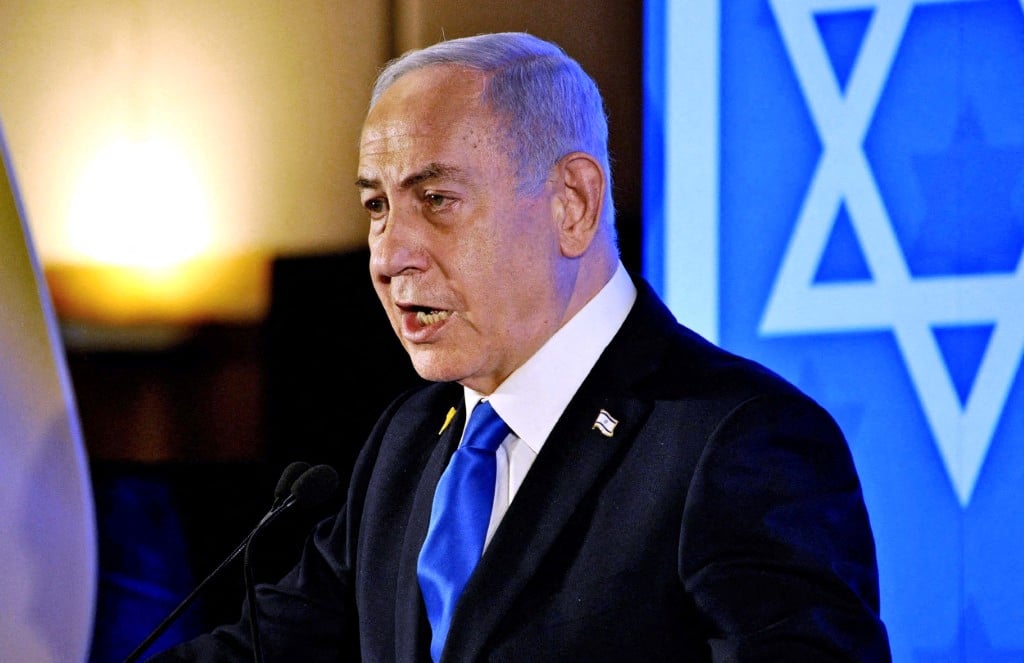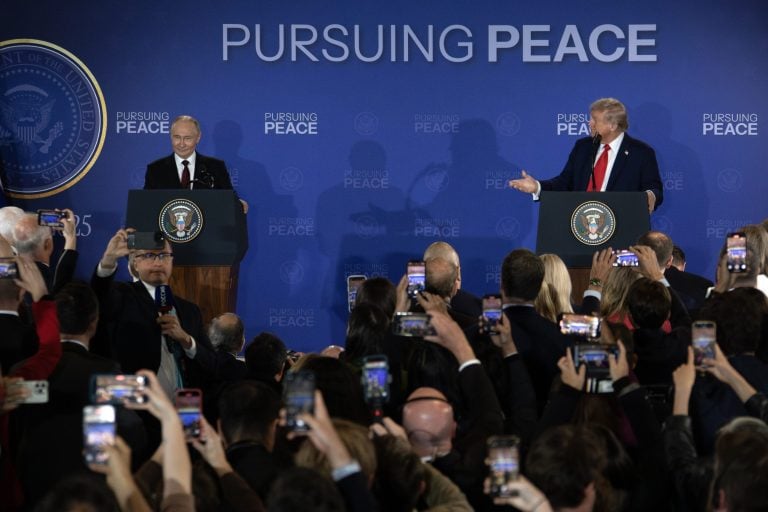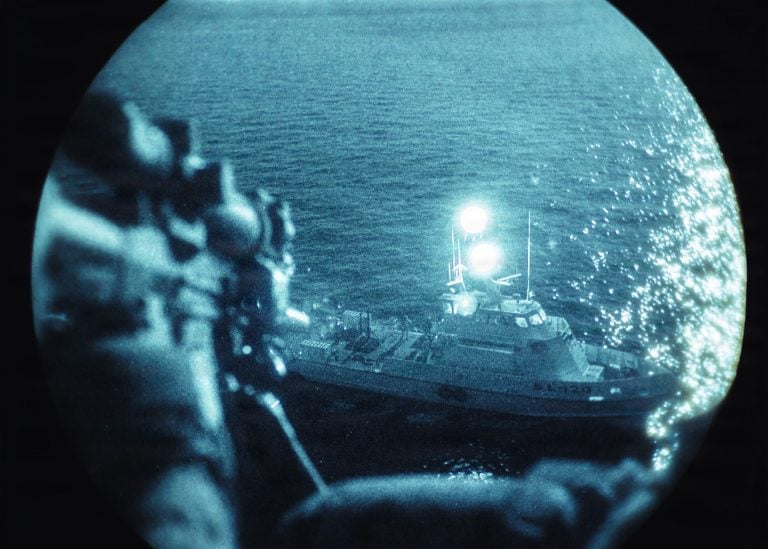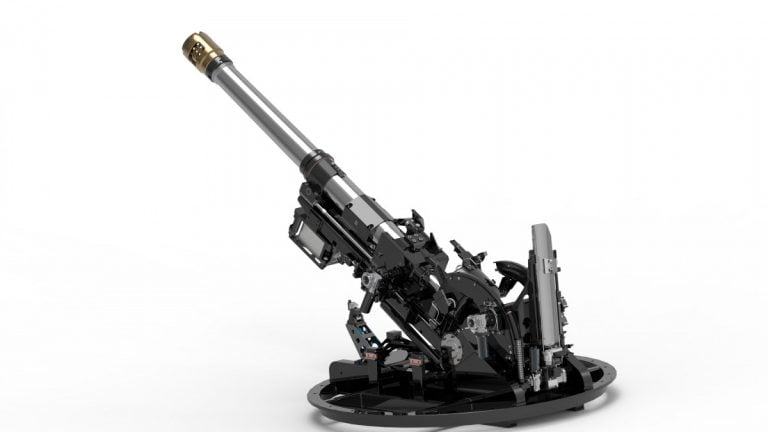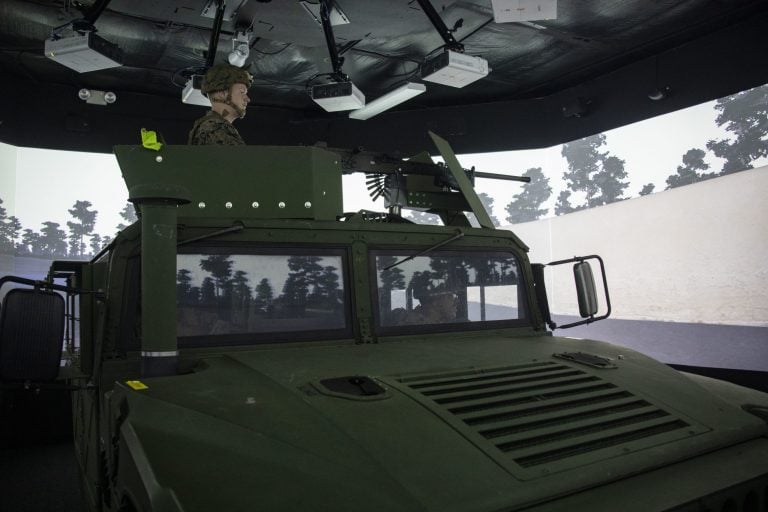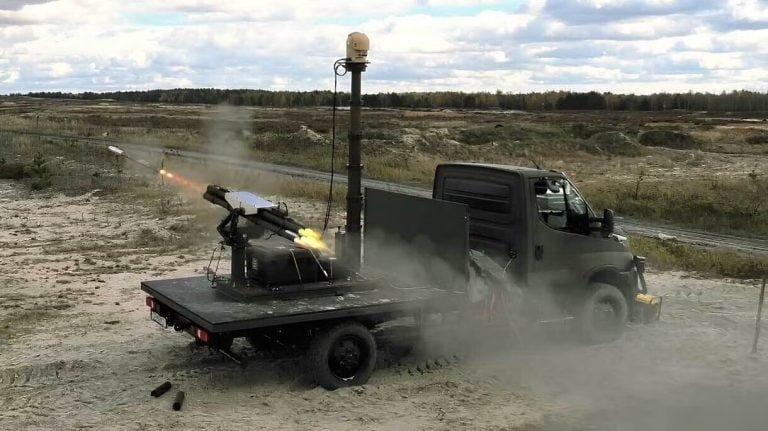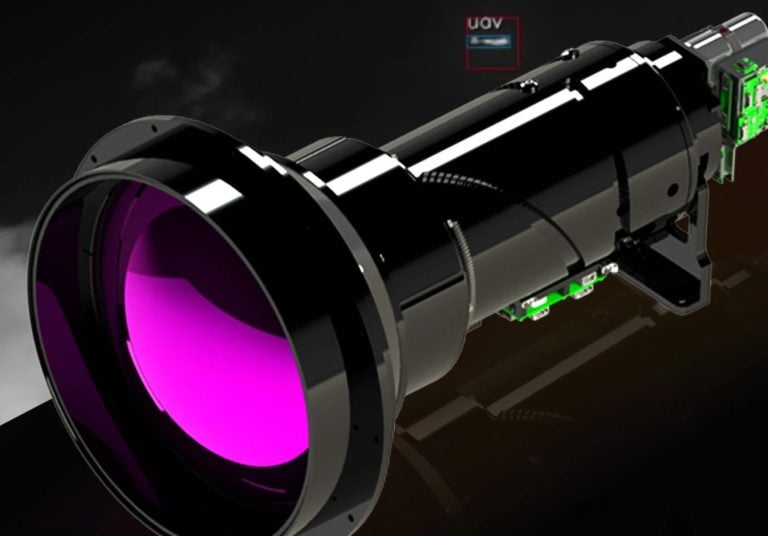On Friday, Israel signaled a decisive shift in its military posture, asserting that it would target any threats emerging from Lebanon. This escalation followed recent rocket fire that prompted Israeli airstrikes on Beirut for the first time during the four-month ceasefire with Hezbollah. Lebanese Prime Minister Nawaf Salam condemned the strikes, particularly aimed at Beirut’s southern suburbs, labeling them a “dangerous escalation.” French President Emmanuel Macron backed this sentiment, calling the attack an “unacceptable” breach of the truce.
The Lebanese health ministry reported no casualties resulting from the strikes in Beirut, but confirmed that Israeli air raids in southern Lebanon had resulted in the deaths of five individuals. This incident marked the second occasion since November’s ceasefire that rockets were reportedly launched at Israel from Lebanon, with Hezbollah denying any involvement both times.
Israeli Prime Minister Benjamin Netanyahu stated, “The equation has changed,” emphasizing Israel’s commitment to restoring security by asserting military action against any perceived threats in Lebanon. Israel has continued its air operations since the ceasefire, primarily targeting what it describes as Hezbollah military assets. However, Friday’s strike marked a significant escalation as it was the first attack on the capital’s southern suburbs since the cessation of hostilities. Prior to the strikes, the Israeli military had warned residents in the targeted area to evacuate immediately.
The Israeli military articulated that the strike aimed at a facility used by Hezbollah’s Aerial Unit for storing unmanned aerial vehicles in Dahieh, a prominent Hezbollah area. Witness accounts from an AFP photographer revealed that the strike completely demolished the targeted structure, sending plumes of black smoke into the sky as fire engulfed the remnants.
Lebanon’s state-run National News Agency reported additional Israeli bombardments across various southern locales, resulting in casualties, including three people in Kfar Tebnit and two in Yohmor, both near Nabatieh. Amidst escalating tensions, residents in southern Beirut expressed their fears. Mohammed, a 55-year-old taxi driver, voiced his concerns for safety, saying, “We’re very afraid the war will return.”
The Israeli military reported the interception of one of two projectiles fired toward Israel, with the second landing within Lebanese territory. Hezbollah reiterated its commitment to the ceasefire, asserting it had no involvement in the recent rocket launches. Under the terms of the ceasefire, Israel was expected to complete its troop withdrawal from Lebanon by mid-February but has retained a presence in what it considers strategic locations. Additionally, the agreement obligates Hezbollah to relocate its forces north of the Litani River and dismantle its military infrastructure in southern Lebanon.
In response to the rocket fire, Prime Minister Salam called on the Lebanese army to swiftly identify and apprehend those responsible for the incident, which he labeled as a threat to Lebanon’s stability. Leon, his office also indicated that he had engaged with numerous foreign officials, including Morgan Ortagus, the U.S. deputy special envoy for the Middle East.
The United States defended Israel’s military actions, attributing responsibility for disarming Hezbollah to the Lebanese government. State Department spokesperson Tammy Bruce emphasized expectations for the Lebanese armed forces to address the issues presented by Hezbollah militants to mitigate future hostilities.
In contrast, Iran denounced Israel’s justifications for the strikes as “completely unjustified and baseless,” calling for international intervention to confront Israel’s continued military actions across regional borders. The UN’s special envoy for Lebanon, Jeanine Hennis-Plasschaert, expressed concern regarding the cross-border exchange of fire, urging all parties to exercise restraint and avoid a return to broader conflict.
